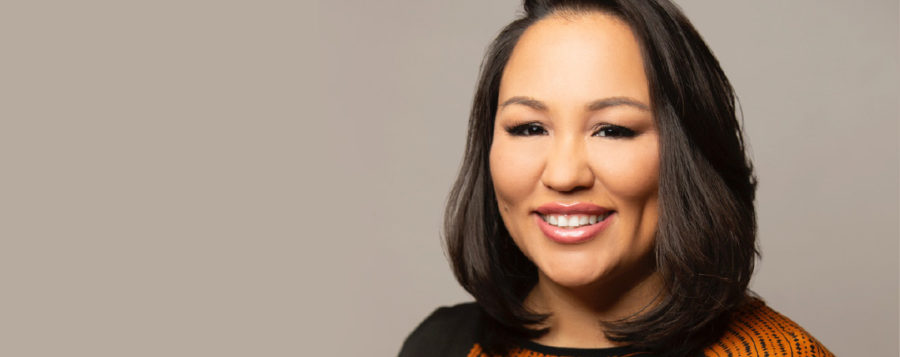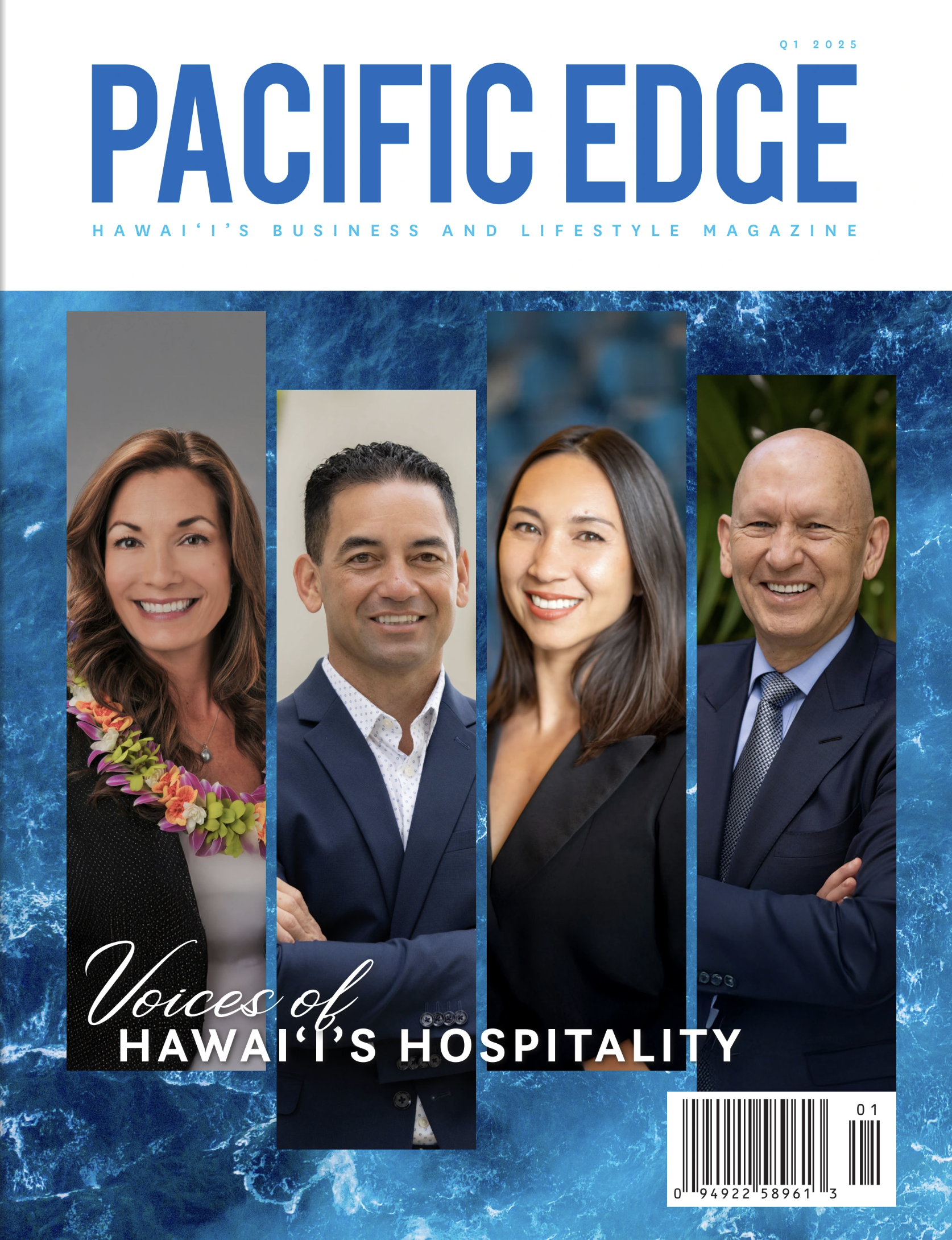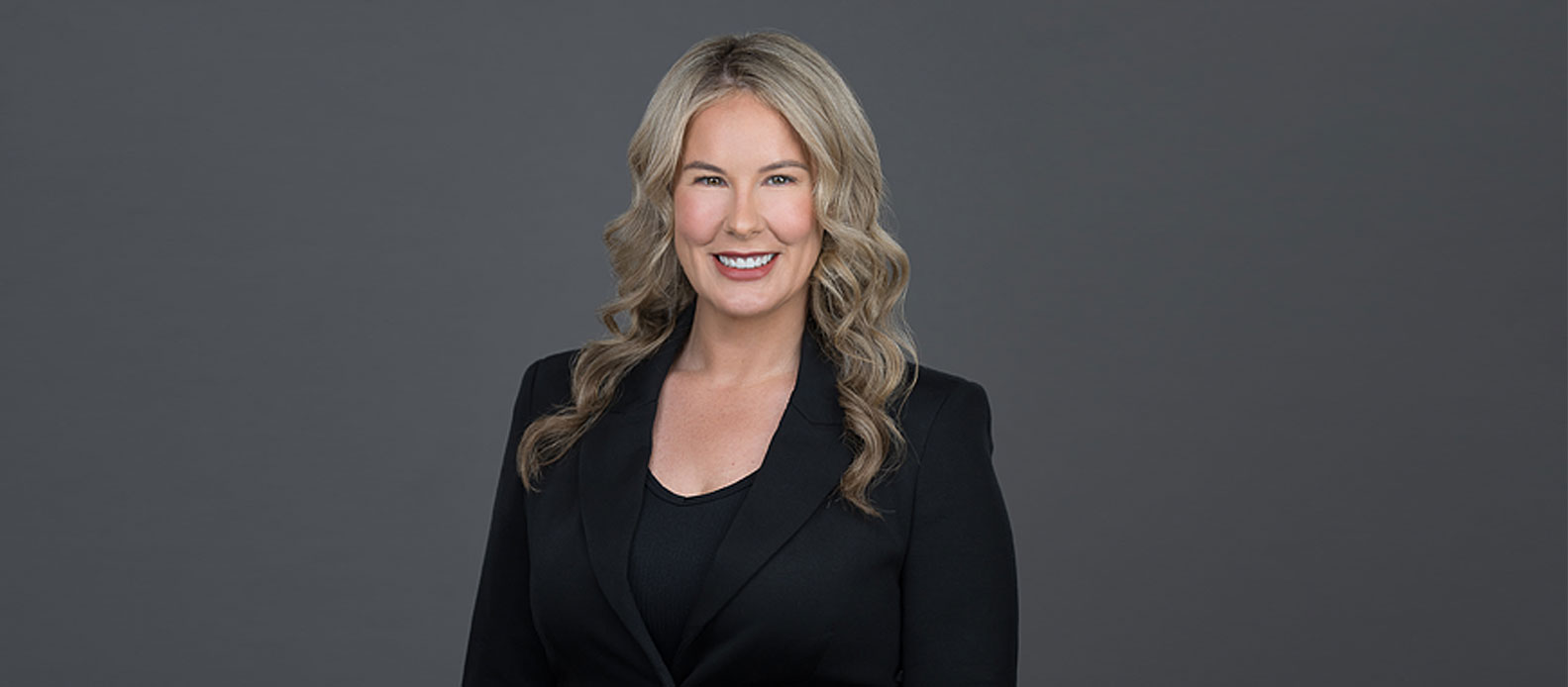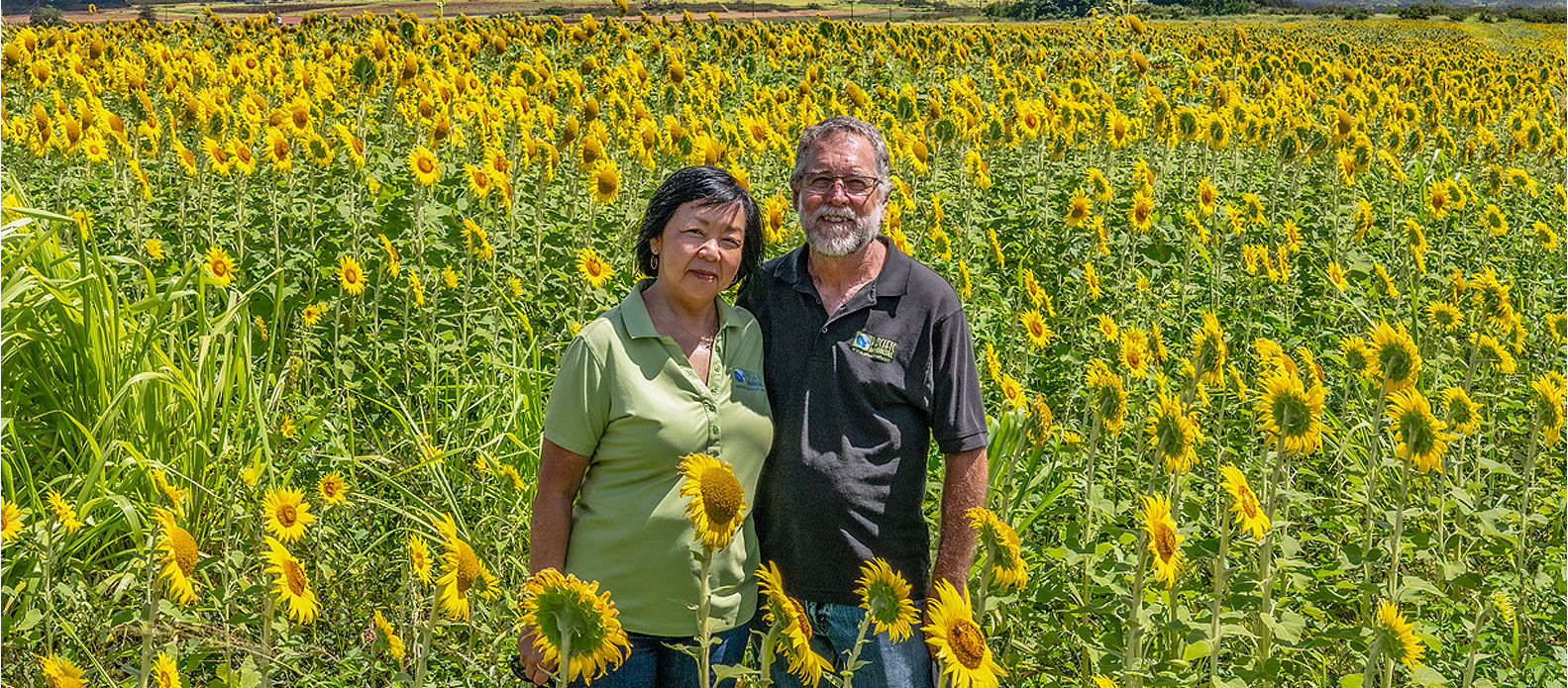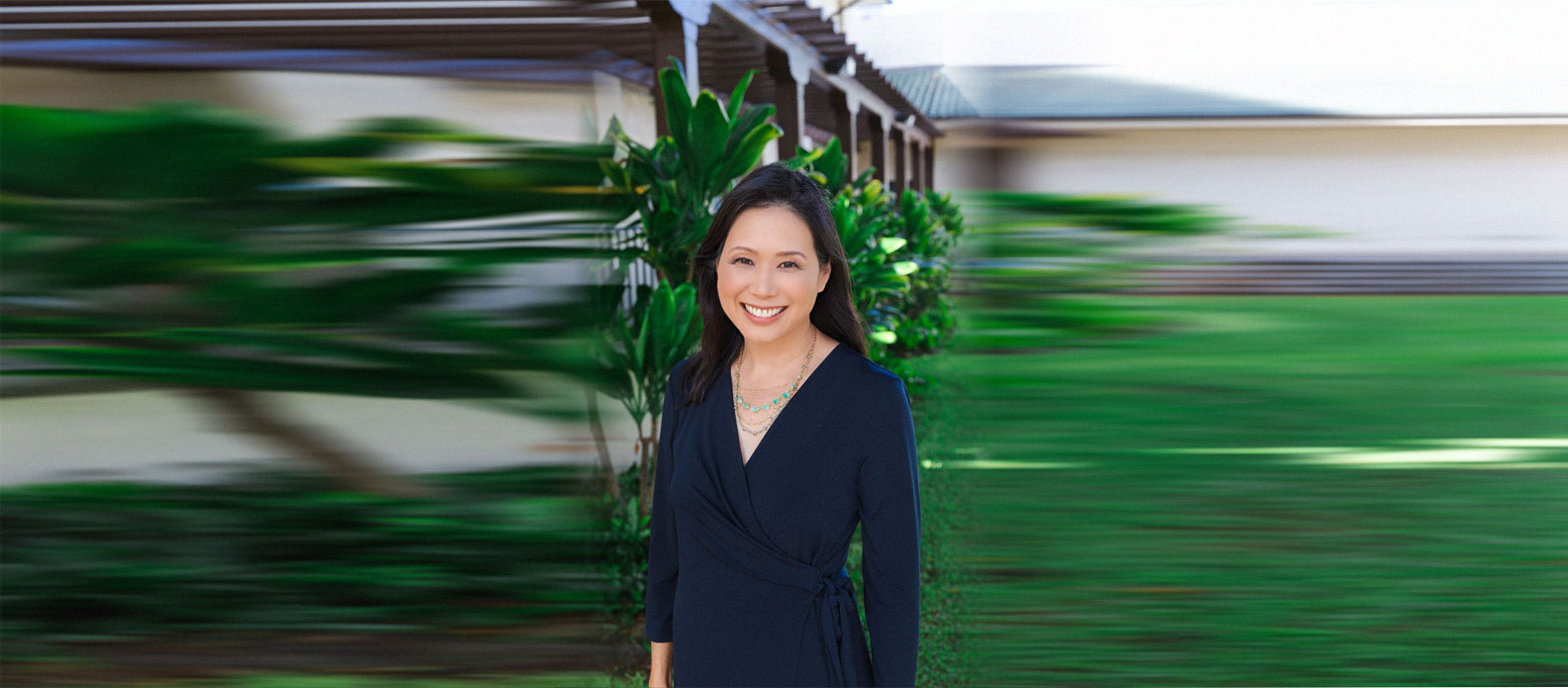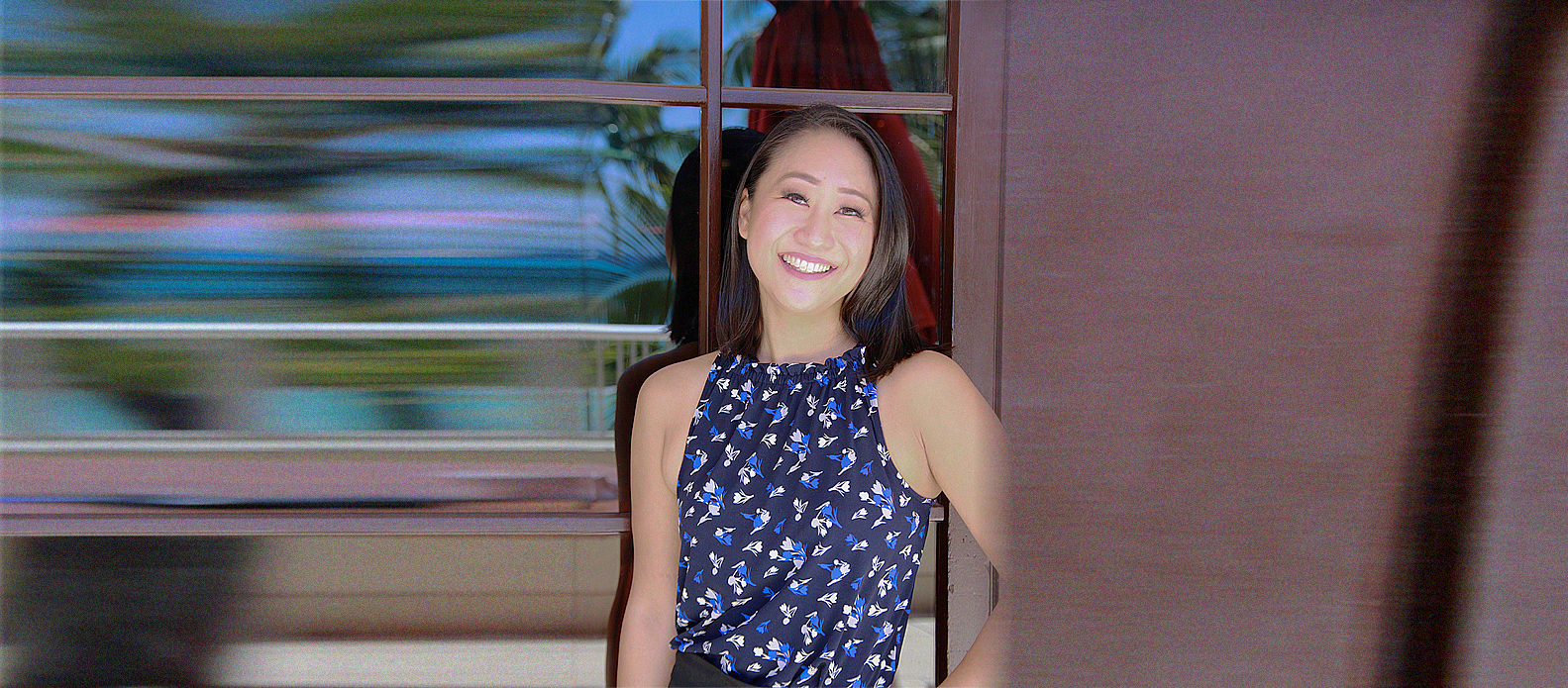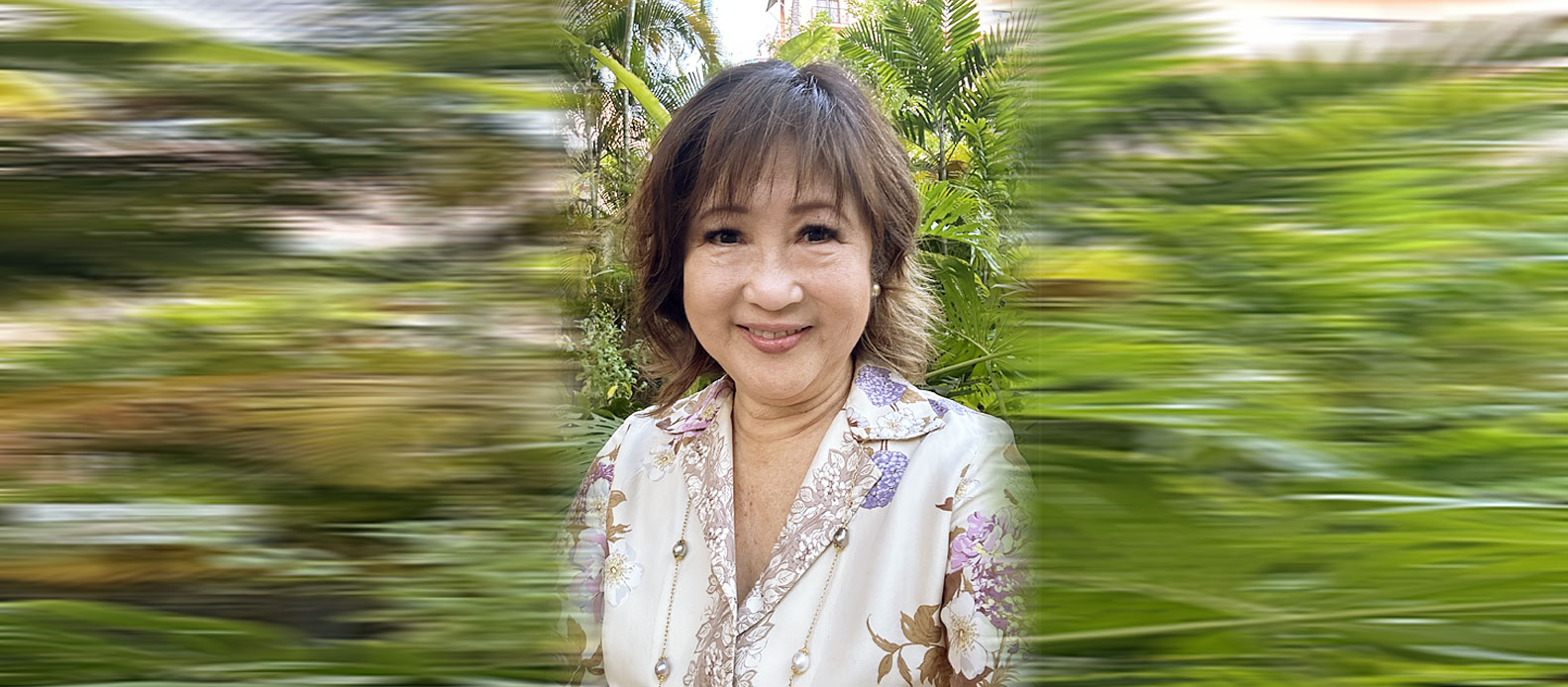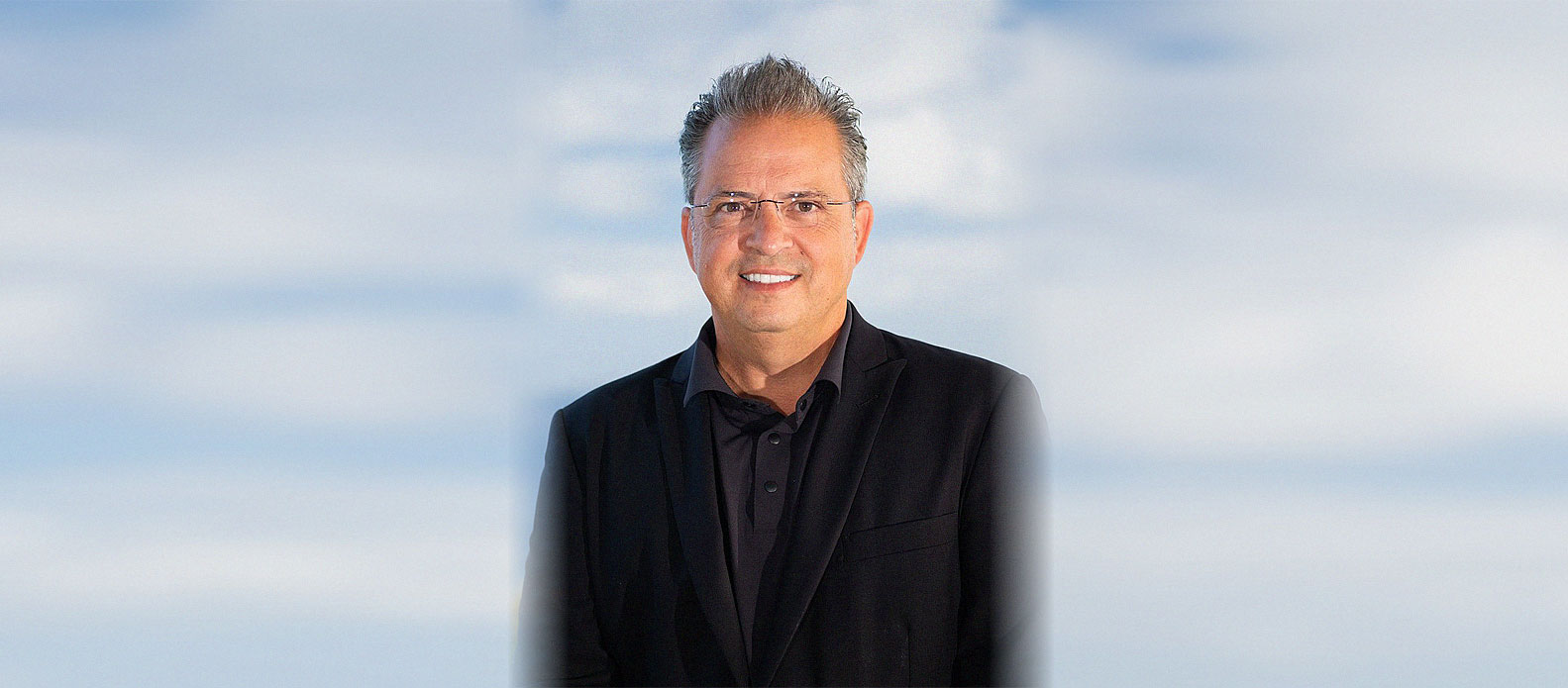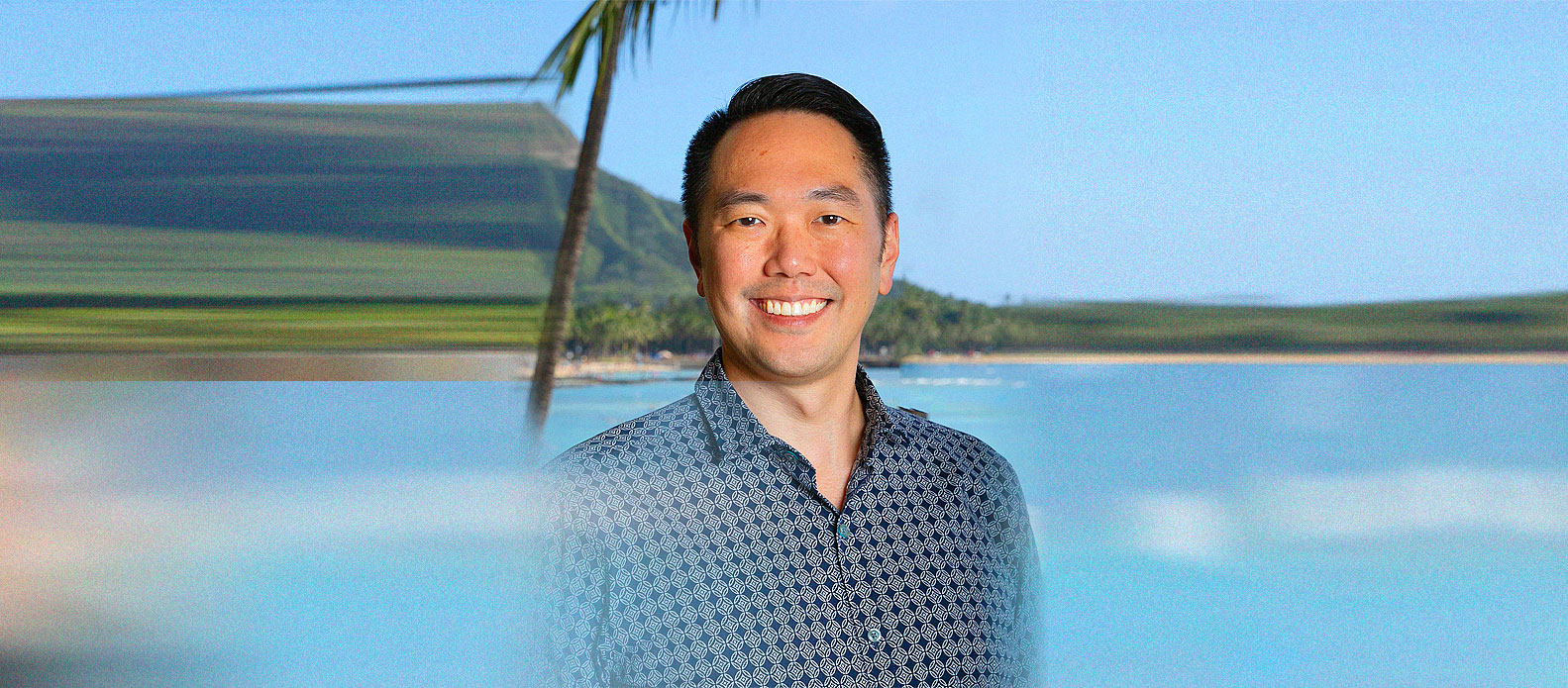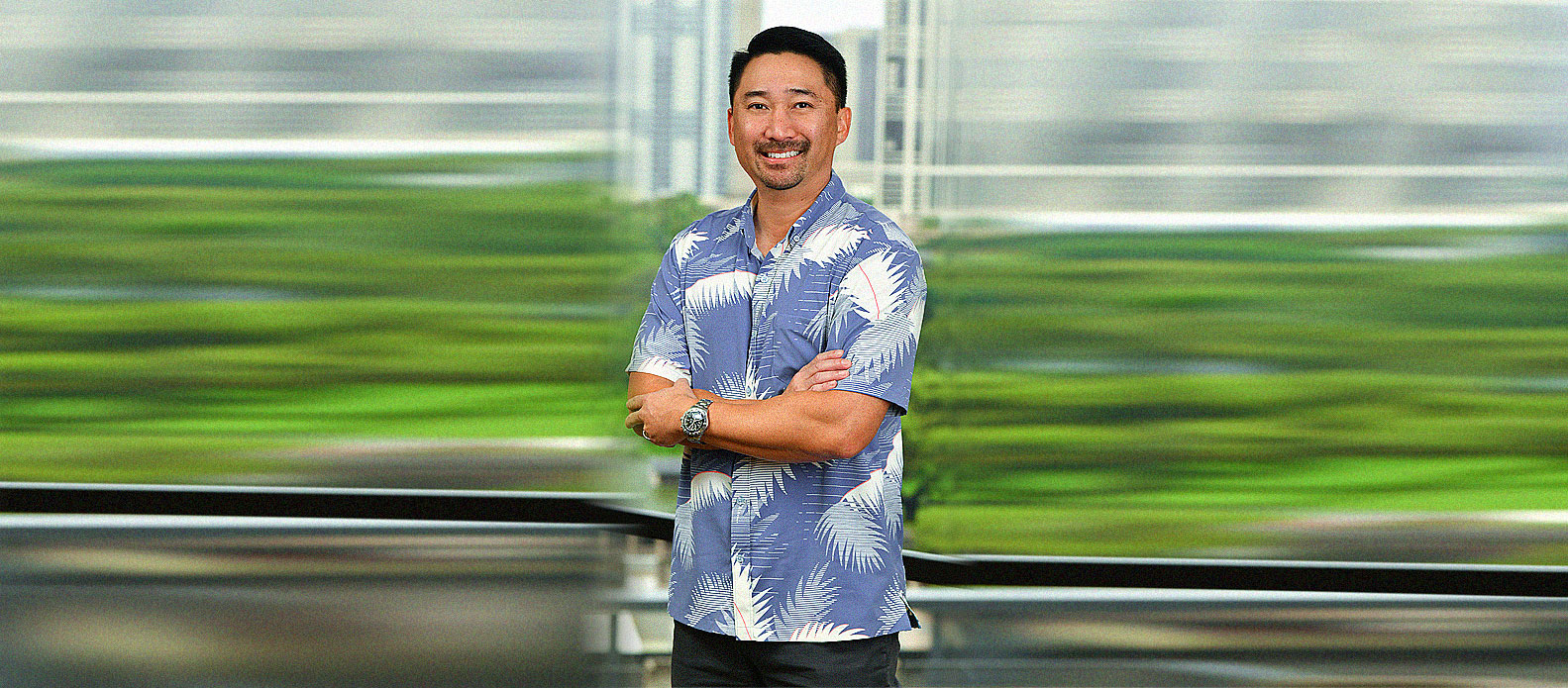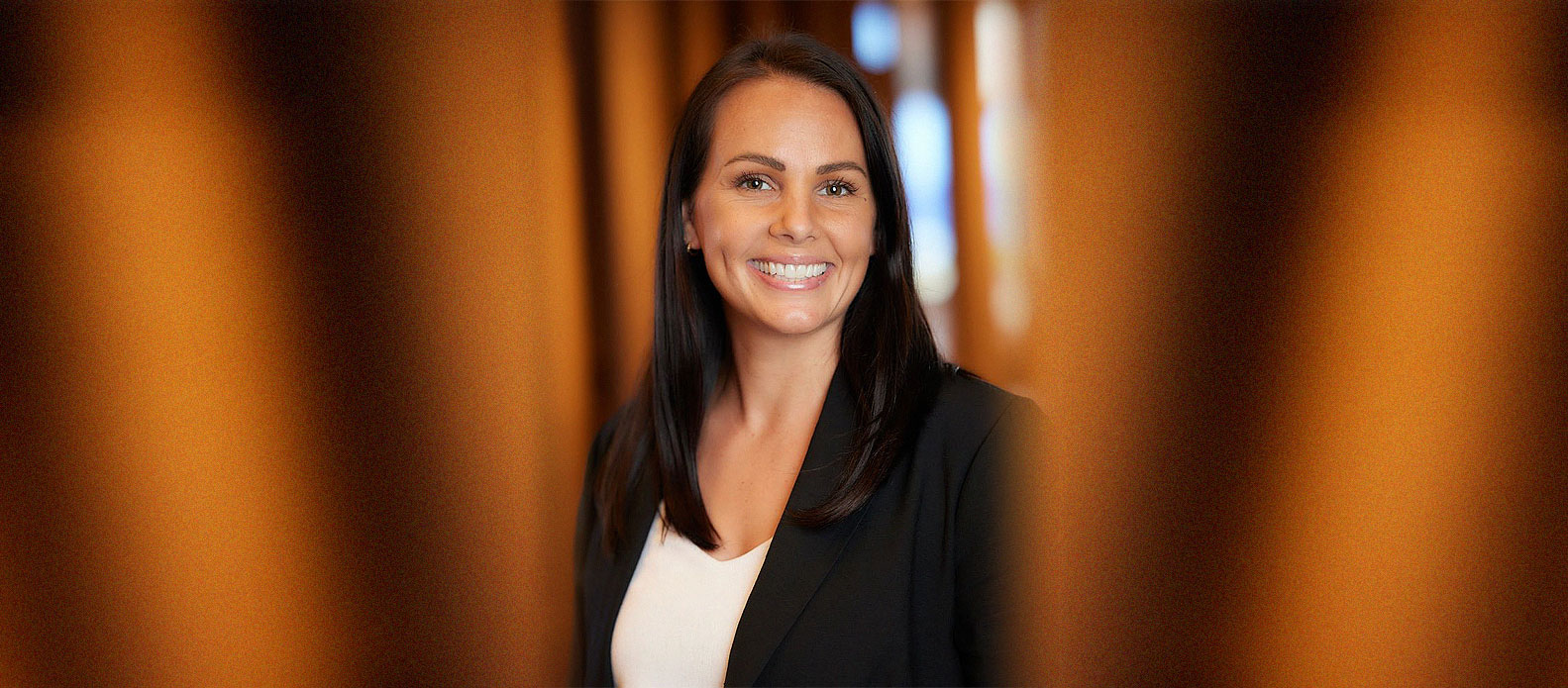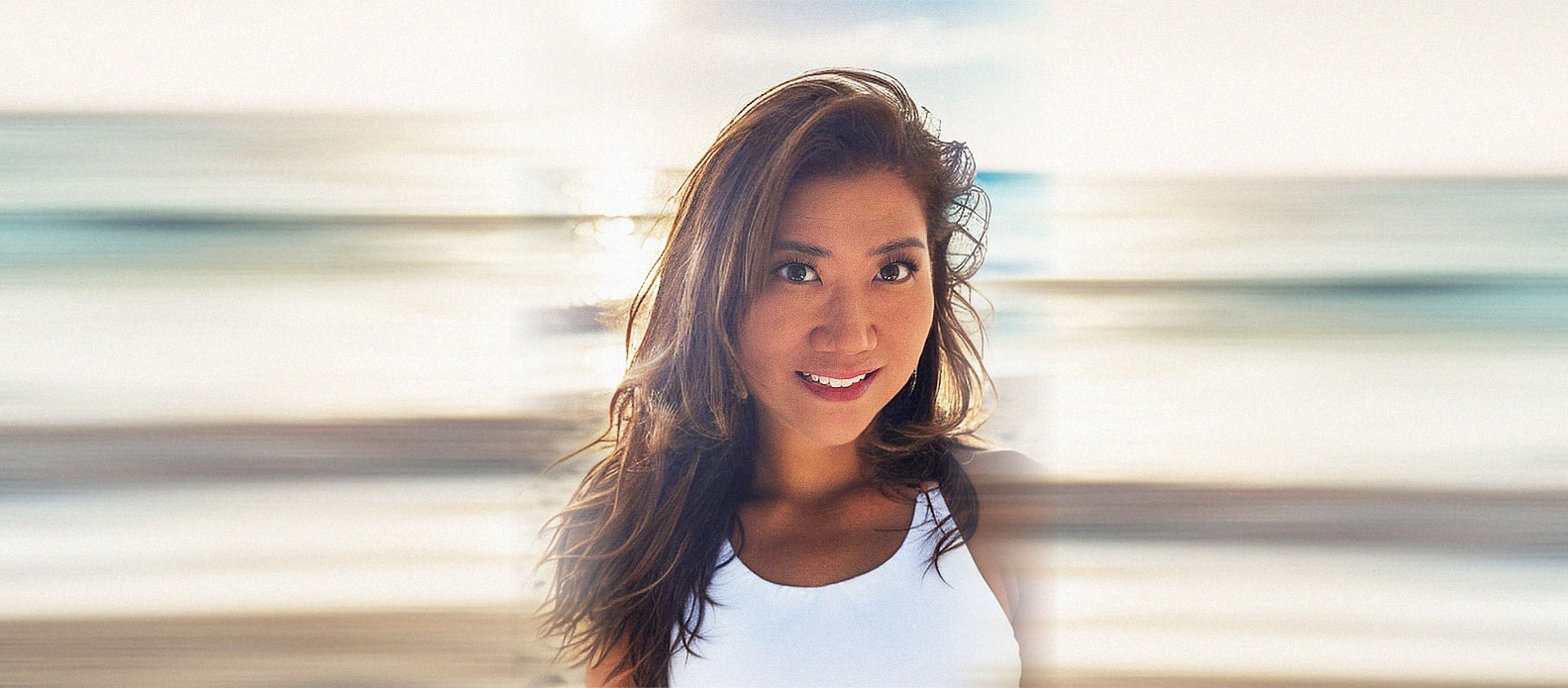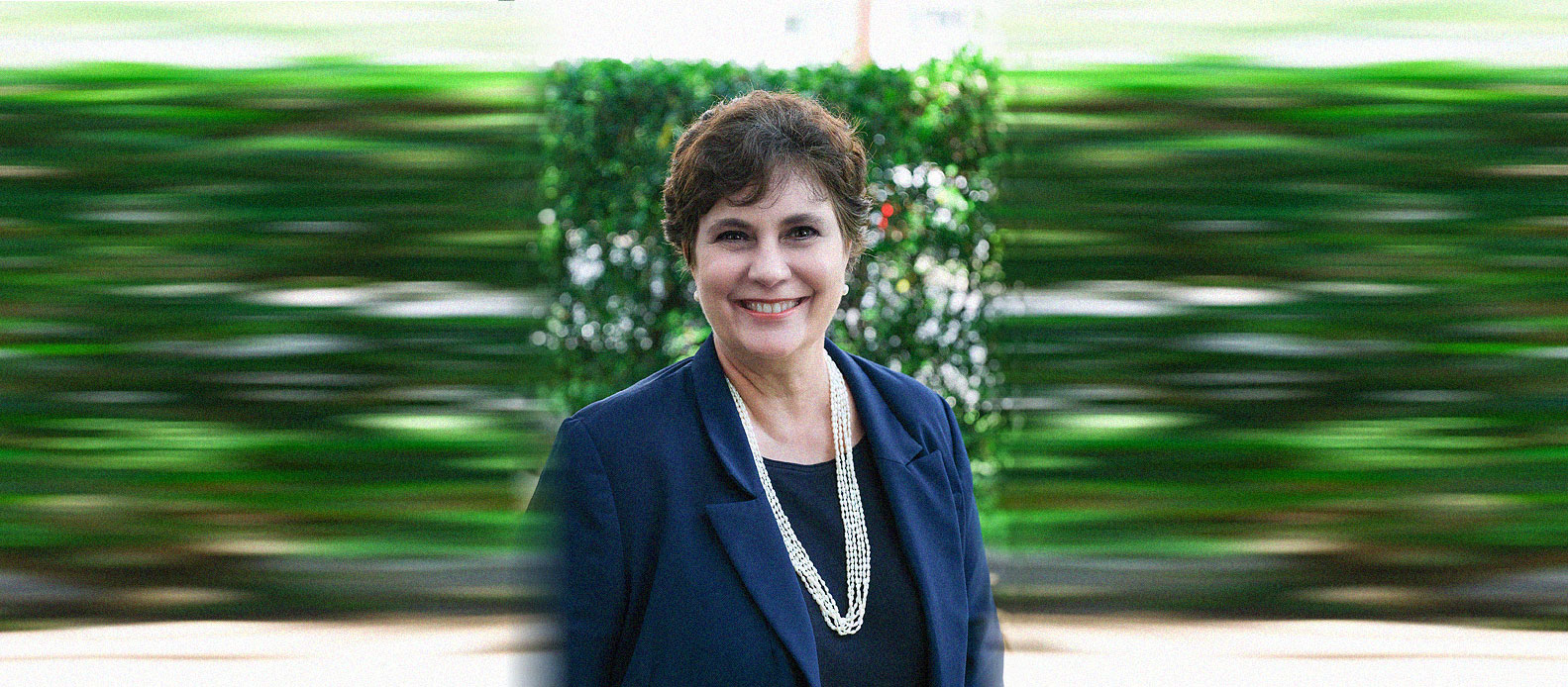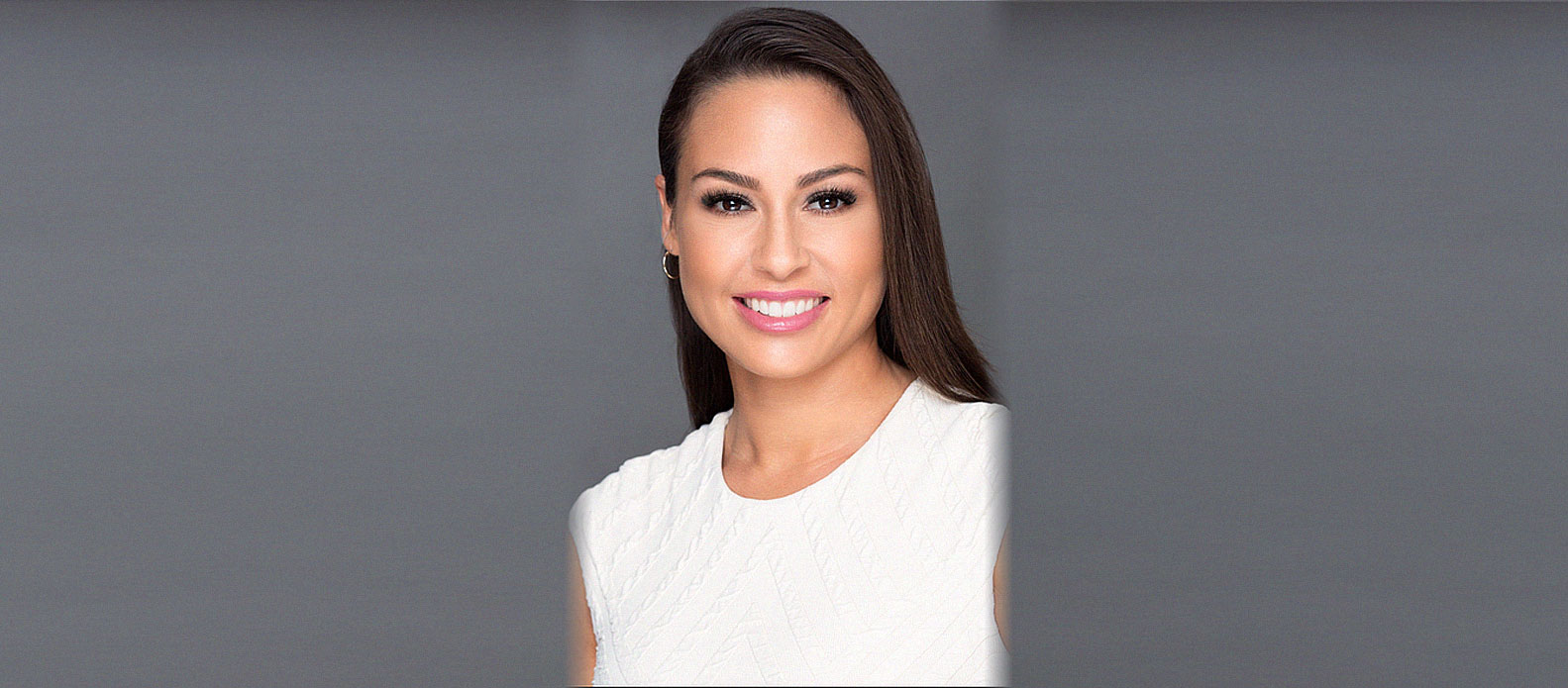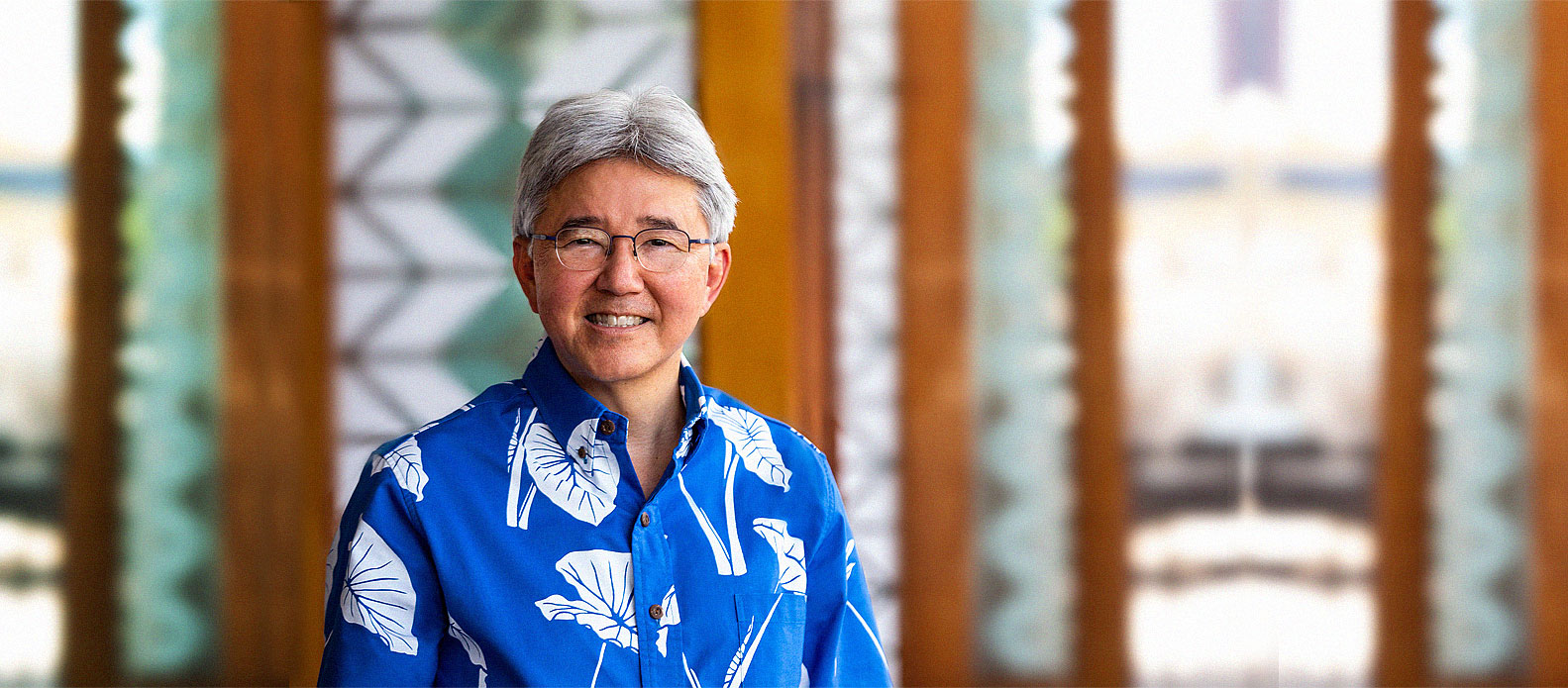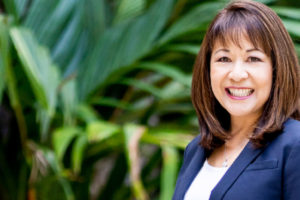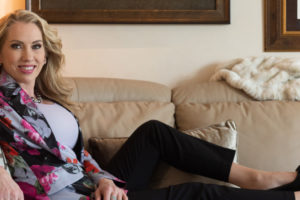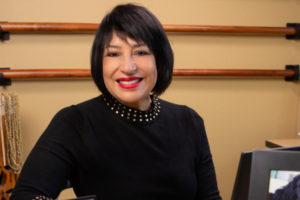What was your biggest challenge within the last two years professionally?
When I transitioned from my previous non-profit to Ho‘ōla Nā Pua, I had to adjust my approach to dealing with such a disturbing and urgent crisis. I also went from the largest international organization, Aloha United Way, to a relatively newer regional one. I had to expand my skill sets and activate new creative solutions because we are constantly forging new ground and facing adversities simultaneously. It has been an opportunity to not only implement and drive results, but also create a sustainable framework that allows our organization, key partners and volunteers to thrive.
What chance encounter changed your life forever?
The day I met an elder in the village of Helekpe in Ghana, West Africa. On my day off from working with Women in Law & Development in Ho, Ghana, I had ventured into a neighboring town for a hike. At the peak, I was beckoned by echoes of beautiful singing from the town below. When I arrived in their town, I saw a young girl carrying water on a long dirt road. I came to learn that her home of Helekpe didn’t have water because they were not allowed to dig a well, nor did they have a schoolhouse. I began asking, “why?” In my quest for answers, I recruited a translator and secured an invitation to sit with the elders. It was the first time in 35 years someone had sat down and listened to them. The people of their village had been displaced and they were isolated without rights. Ultimately, we were able to negotiate a land settlement, which was secured through a local chief, where they were able to lay foundations, dig a well and build a school. The elder looked me in the eye and said, “You do good.” I was charged with a call-to-action sense of purpose for the rest of my life—don’t look away and don’t take the easy path; pay attention and see how you can make a difference.
What makes you fired up?
The violation of children and the crisis of sex-trafficking right here in our island home. In a recent survey done here in Hawai‘i, one in four people reported being a victim of sex-trafficking—that is unacceptable and horrific! This community can do better—we can rally as a village, a community to protect, advocate, educate and intervene. We can be better parents, aunties, hanai and role models with eyes wide-open to see how easily children can be lured into compromising situations in-person and online. We can keep our law enforcement funded and trained. I do the work I do to spread the fire and ring the alarm, to keep a difficult conversation topic in mind and because I believe every individual has the right to self-determination and a life free from abuse.
What is one of your proudest accomplishments in this career?
I am proud of the year I spent as an AmeriCorps volunteer in New Orleans rebuilding after Hurricane Katrina. I worked beside and coordinated the many that came from across the country to rebuild homes and whole communities where only concrete platforms remained after the deluge; I organized students who devoted their spring breaks to swing hammers; I mobilized family members from my hometown and my friends’ hometowns who donated thousands of books to replenish libraries; I hit nails from dawn to dusk alongside people from five different states. The American spirit rebuilt that city and I was proud to be a part of that.
What would you tell your teenage self if you could go back in time?
I would tell her, “your older self would change nothing about who you are and how you are choosing to live your life.” And I would probably tell her to “hold on, the fire of advocacy work is not easy, but it is the most fulfilling life calling.”
What do you do for self-care?
Being a mother of two boys, I must be intentional about finding the time for self-care. I do well with micro-actions that take very little time, like picking up fresh flowers when I am at the farmer’s market or enjoying a delicious cup of coffee. I definitely love sampling chocolates—whether that is self-care or not may be a matter of debate!

